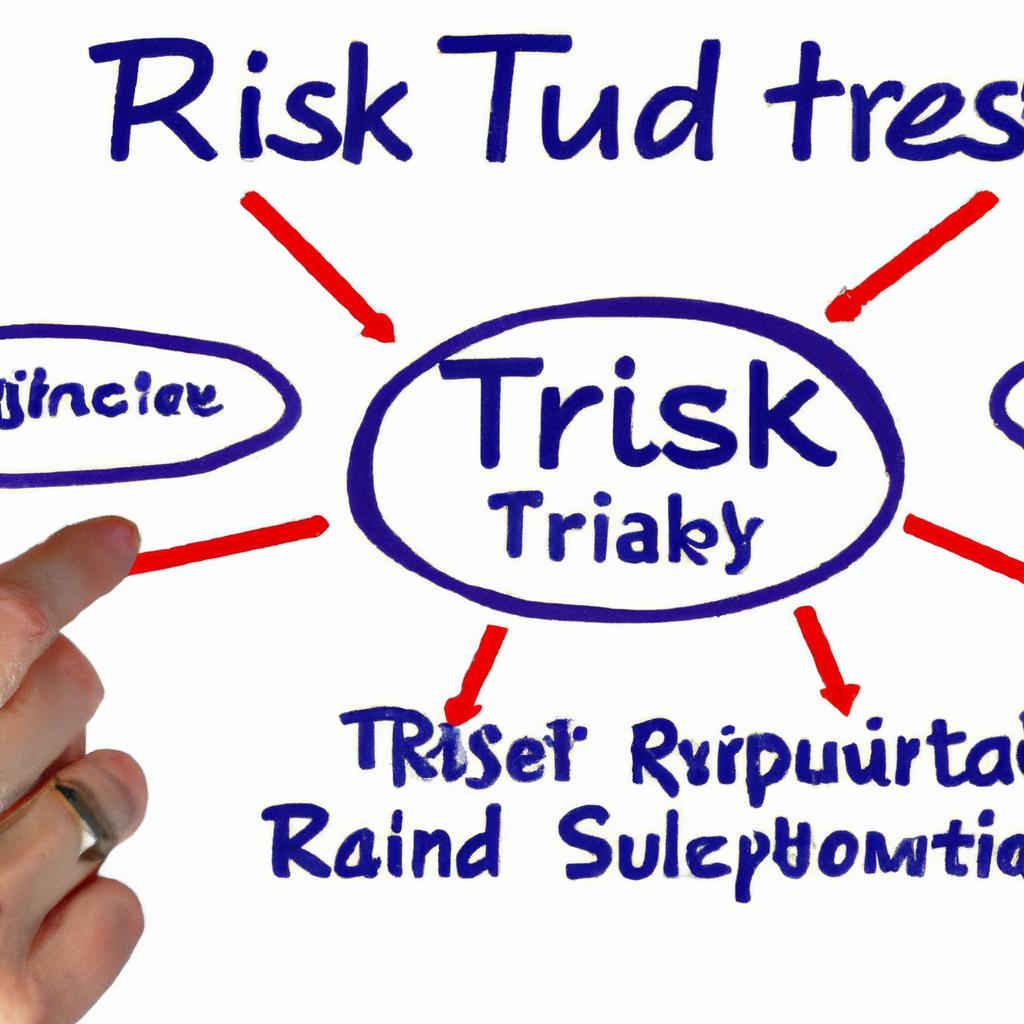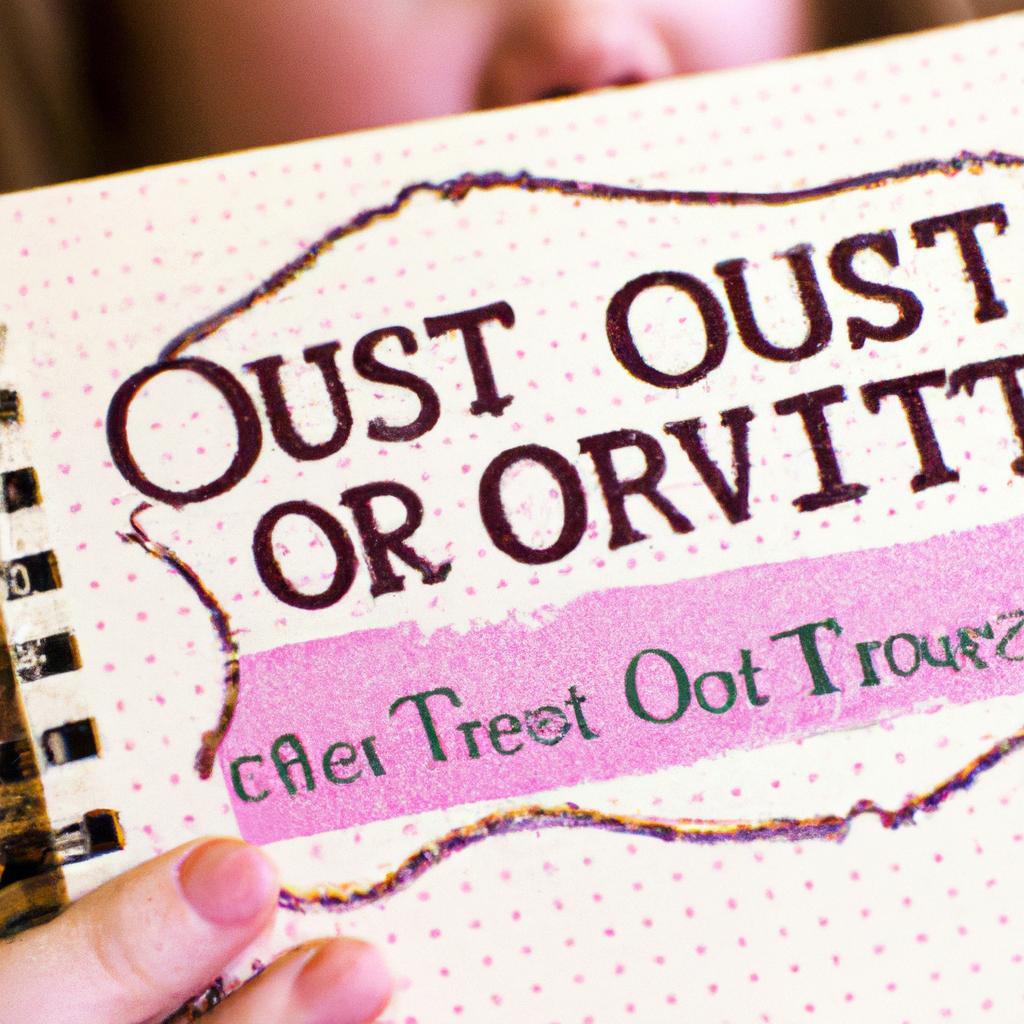In the intricate web of human relationships, trust is often hailed as the cornerstone of harmony and cooperation. However, in the realm of legal complexities, the concept of trust takes on a different hue. As seasoned practitioners in the field of estate planning and probate, our team at Morgan Legal Group has encountered firsthand the myriad ways in which trust can elicit unforeseen pitfalls and complications. In this article, we delve into the less-heralded aspects of trust, shedding light on the negatives that can arise when trust is misplaced or abused.
Identifying Risks in Trust Relationships
Trust relationships can be incredibly beneficial, allowing individuals to rely on each other and build strong connections. However, it is important to be aware of the potential risks that can come with trust. When entering into a trust relationship, it is crucial to consider the following negatives:
- Betrayal: Trusting someone puts you in a vulnerable position, making you susceptible to betrayal. If the other party breaches your trust, it can lead to emotional distress and damage the relationship.
- Manipulation: In some cases, trust can be exploited for personal gain. The other party may use your trust in them to manipulate you or take advantage of your vulnerabilities.
- Dependency: Relying too heavily on a trust relationship can lead to dependency, making you susceptible to the other party’s control.
| Repercussions | Effects |
|---|---|
| Emotional distress | Damage to the relationship |
| Loss of control | Exploitation |

Challenges of Over-reliance on Trust
When individuals place too much reliance on trust in their personal and professional relationships, they open themselves up to a host of potential challenges and pitfalls. One of the primary negatives of trust is the risk of betrayal. Unfortunately, not everyone can be trusted, and putting blind faith in others can lead to broken promises, deceit, and disappointment.
Additionally, over-reliance on trust can lead to vulnerability and exploitation. People who are overly trusting may be taken advantage of by unscrupulous individuals who seek to manipulate or deceive them for personal gain. This can result in financial losses, emotional distress, and damage to one’s reputation. To avoid these negative consequences, it is crucial to strike a balance between trust and caution in all aspects of life.

Consequences of Betrayal in Trusted Relationships
Betrayal in trusted relationships can have severe consequences that can deeply affect individuals involved. The negative impacts of trust being broken can be long-lasting and damaging, leading to a breakdown in communication, loss of intimacy, and a sense of betrayal that is hard to overcome.
When trust is shattered, it can result in feelings of anger, hurt, and resentment towards the person who betrayed your trust. This can lead to a breakdown in the relationship, making it difficult to rebuild the trust that was once there. Additionally, betrayal can lead to a lack of self-esteem and confidence, as individuals may begin to question their judgment and ability to trust others in the future.

Strategies for Safeguarding Trust in Legal Matters
Trust can be a powerful tool in legal matters, but it also comes with its own set of risks and negatives. It is important to be aware of these drawbacks in order to safeguard trust in legal matters effectively.
Some of the negatives of trust include:
- Vulnerability to fraud and abuse: Trust can make individuals more susceptible to being taken advantage of by unscrupulous individuals or organizations.
- Complicated legal implications: Trust arrangements can sometimes lead to complex legal issues and disagreements among beneficiaries, potentially resulting in lengthy and costly legal battles.
Q&A
Q: What are some potential downsides of trusting others?
A: While trust is often seen as a positive quality, there are certain risks and drawbacks associated with it.
Q: What are some negative consequences of placing too much trust in someone?
A: Placing too much trust in someone can leave you vulnerable to betrayal, disappointment, or manipulation.
Q: How can trusting others sometimes lead to negative outcomes in relationships?
A: Trusting others blindly can lead to feeling taken advantage of, hurt, or betrayed if the trust is broken.
Q: Are there any risks involved in trusting others with sensitive information?
A: Yes, sharing sensitive information with someone you trust can backfire if that trust is violated, leading to potential breaches of privacy or confidentiality.
Q: Can trusting others too easily lead to potential harm?
A: Trusting others too easily can make you more susceptible to falling victim to scams, deceit, or exploitation.
Q: How can lack of trust in a relationship be harmful?
A: A lack of trust in a relationship can lead to insecurity, tension, and communication breakdowns, ultimately damaging the relationship.
Overall, while trust is a vital component of healthy relationships, it is important to strike a balance and be cautious of the potential downsides of placing too much trust in others.
In Summary
In conclusion, while trust is a vital component of healthy relationships and society as a whole, it is important to acknowledge the potential downsides that come with placing our faith in others. From the risk of betrayal to the possibility of being taken advantage of, the negatives of trust serve as a reminder to approach relationships with a healthy dose of skepticism and discernment. By cultivating a balance between trust and caution, we can navigate the complexities of human interactions with greater wisdom and resilience. Ultimately, understanding the negatives of trust allows us to navigate the world with a clear-eyed awareness of both the risks and rewards that come with placing our trust in others.

